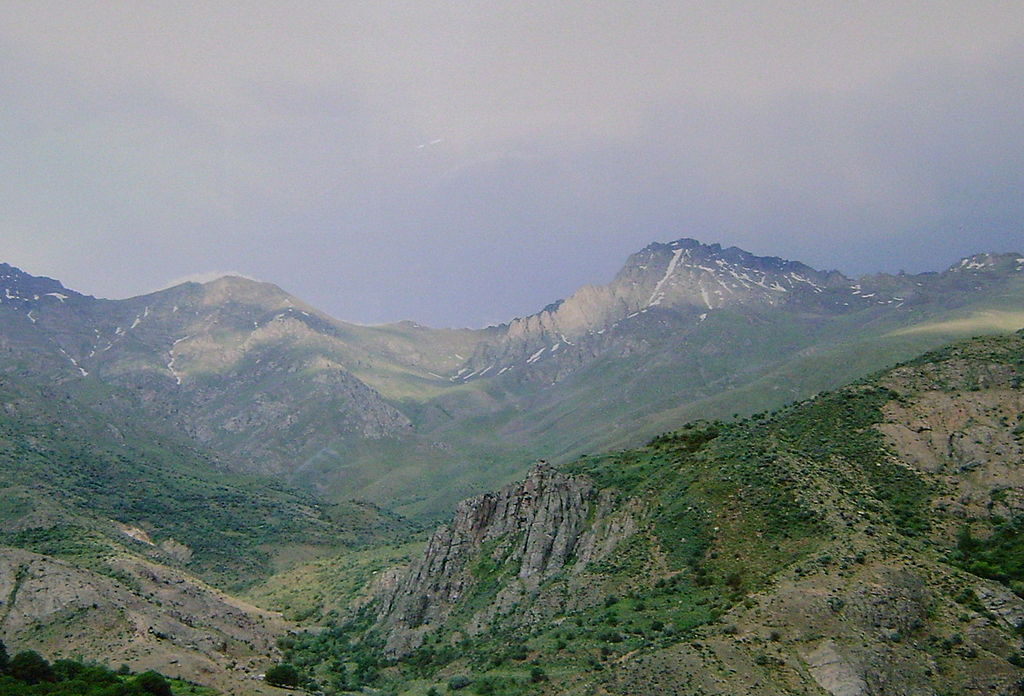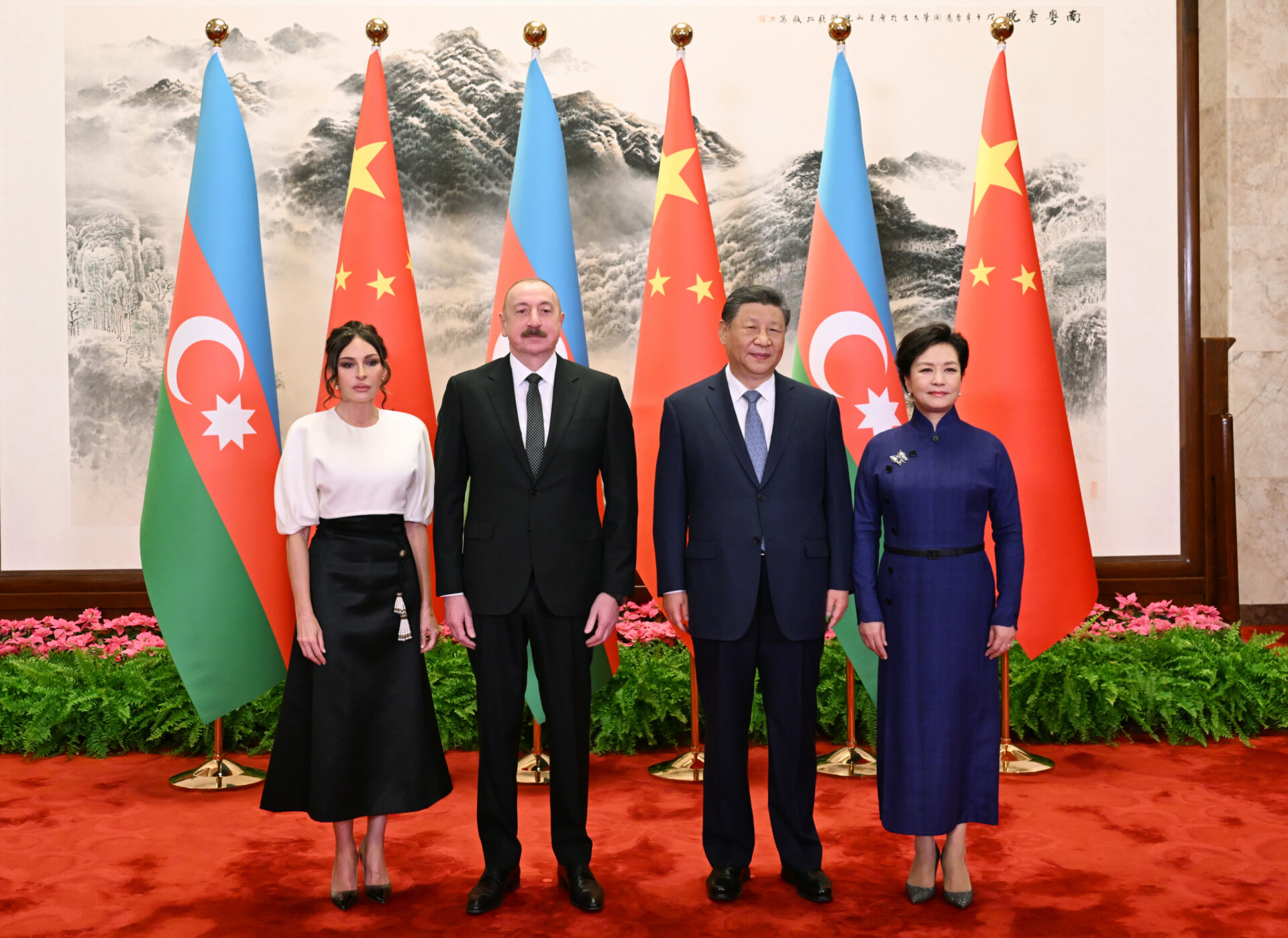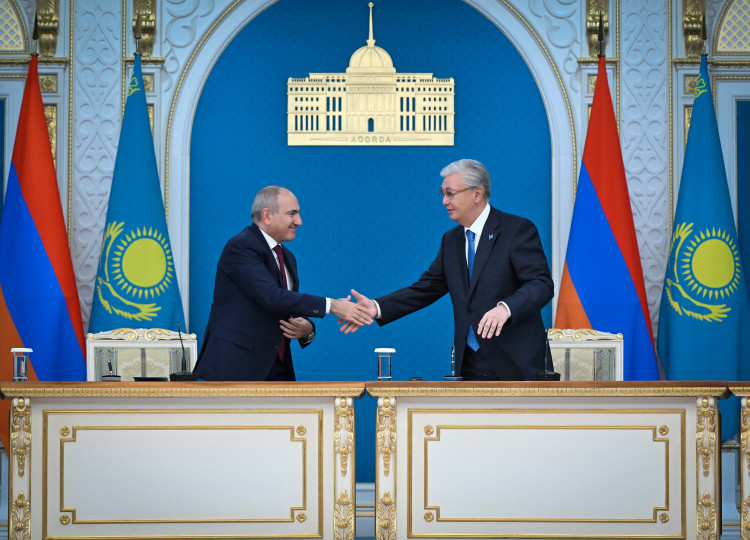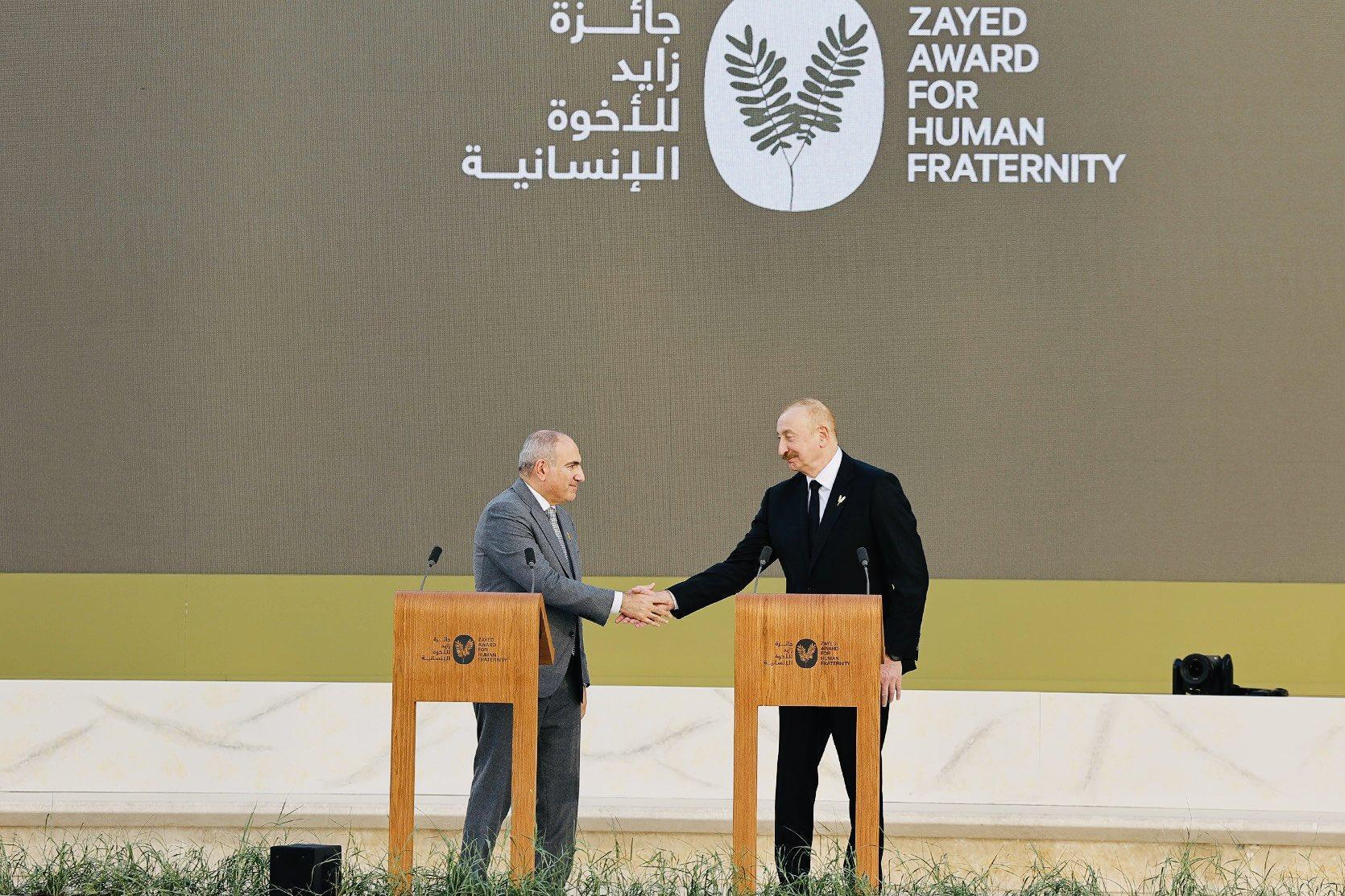
Iranian Influence in Nakhchivan: Impact on Azerbaijani-Armenian Conflict
Iranian Influence in Nakhchivan: Impact on Azerbaijani-Armenian Conflict
Iran has traditionally had enormous influence in Nakhchivan, the large western exclave of Azerbaijan. Partially, this is an outcome of history—Nakhchivan’s population was more Persianized than other portions of Azerbaijan. But more recently, and perhaps more importantly, Iranian influence stemmed from the fact that it controls the only land bridge between Azerbaijan proper and that territory. Indeed, despite the cultural links between Azerbaijanis and Turks, Tehran has played a larger role there than Ankara, especially in modern times, given this link and thanks to Iran’s supply of energy resources to Nakhchivan. That fact, often neglected in Western analyses, has now assumed new importance, following Baku’s decision earlier this year to move its forces in Nakhchivan closer to the Armenian border (see EDM, June 4, 12). That action could threaten Yerevan even more directly than Baku’s efforts to retake Armenian-occupied Karabakh and adjacent regions. But notably, its activities in Nakhchivan can only be sustained with Tehran’s implicit agreement, something the latter might provide only in exchange for some other geopolitical concession.
What such a concession might be is uncertain, although recent analyses published in Moscow suggest two possibilities: one so grandiose and dangerous that even Tehran is likely to reject it at least in the near term, and a second that is far more plausible and thus far more probable. According to the first, posited by Sergey Shakaryants, a former Armenian diplomat, Tehran may be interested in a denunciation of the 1921 Kars Treaty and a revision of the borders of Nakhchivan in its favor. Yet, any such demand, if made openly, would drive Baku even further into the embrace of Ankara and create problems for Tehran with Moscow. Russia has a vested interest in keeping the conflict between Armenia and Azerbaijan going but within limits, lest it expand beyond Moscow’s ability to maintain its position in the region. Such moves would also be opposed by the United States and the international community, which generally resists border changes (Regnum, June 28).
According to the second notion, suggested by Russian commentator Stanislav Tarasov, Tehran may insist that Baku cut loose the ethnic Azerbaijanis of northern Iran whose activities have led the Iranian authorities to arrest dozens of them in recent weeks. Some in Baku, especially in the 1990s, talked openly about pursuing “a Greater Azerbaijan” that would include Iran’s northern third, which is populated primarily by Azerbaijani Turks. More recently, some in the West have talked equally openly about playing the ethnic card against Tehran by encouraging activism among these and other minority groups. The Iranian government fears such foreign meddling and could use this perceived threat to mobilize its Persian core because it can paint any such activism as being orchestrated by the United States—still “the great Satan” in Tehran’s pantheon of enemies (Regnum, July 8).
If Baku wants to use the military forces it has moved up to the border with Armenia for an offensive, it will have to make sure Iran will not pull the plug. Tehran has this ability for three important reasons, which are often neglected in discussions about Azerbaijani military capabilities.
First of all, Iran controls the only land bridge between Azerbaijan proper and Nakhchivan. Consequently, Baku could not long continue any offensive if it became unable to move men and materiel into the exclave by land. It could presumably fly in soldiers; but it would be hard-pressed to support them with heavy weapons and ammunition. And if Tehran blocked the land route—which it could do easily and that no other country, including Turkey, could make up for—Baku would be unable to sustain any significant advance: It would rapidly run out of men, weapons or both.
Second, Iran presently provides almost all the electric power to Nakhchivan and controls much of the water supply there. If Baku took any action that Tehran did not approve of, Iran could, at least in the worst case scenario, turn off the lights and deny much of the exclave water needed for industry and human consumption. Azerbaijani forces could presumably ensure access to water from the Arax River, but they are not in a position to move into Iran to seize power stations and force them to continue to supply electricity to Nakhchivan.
And third—and this is both potentially the most dangerous and also the most uncertain factor—Iran has cultivated pro-Iranian factions within all of the various ruling groups inside Nakhchivan, according to Shakarants (admittedly not a disinterested source). These are the descendants of the people who declared the exclave independent of both Moscow and Baku in 1989 and who took the lead in breaking down the then-Soviet border between the Azerbaijan Soviet Socialist Republic (SSR) and Iran. Subsequently, Iran arrested many of those involved; and then-president Heydar Aliyev, who like his son (the sitting head of state) has roots in the exclave, was successful in restoring Baku’s control over Nakhchivan. But it is not certain that Tehran would behave the same way now. And ambiguity about that also acts as a constraint on Azerbaijan (Regnum, June 28).
Iran is not in a position to block a more general Azerbaijani offensive against the occupied territories. Baku currently has clear military superiority over Yerevan unless the latter is able to count on Russian forces. But Tehran does have the power to make any advance from Nakhchivan into central Armenia far less likely, unless Baku is prepared to make the kind of concessions to Iran that most Azerbaijanis would find unacceptable. That, in turn, means that the chess move of pushing Azerbaijani forces up to the border between Nakhchivan and Armenia is for now just that, a chess move rather than the most likely flashpoint leading to a new war.


